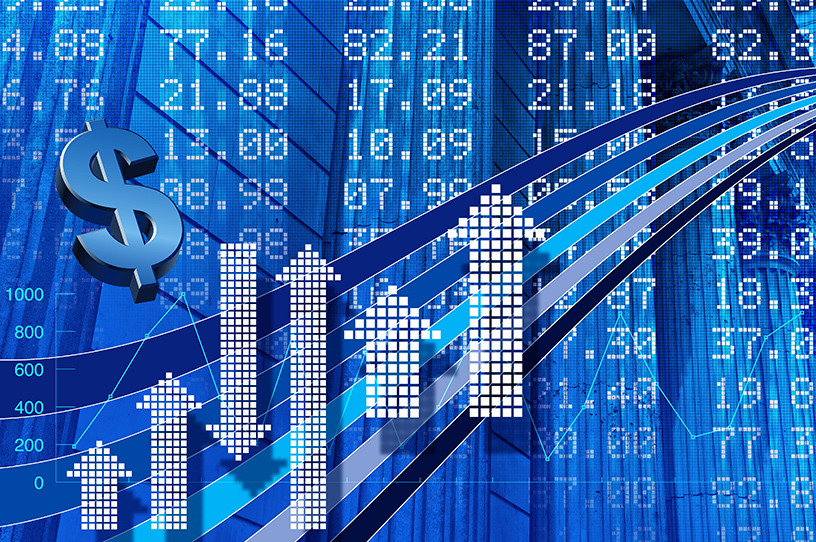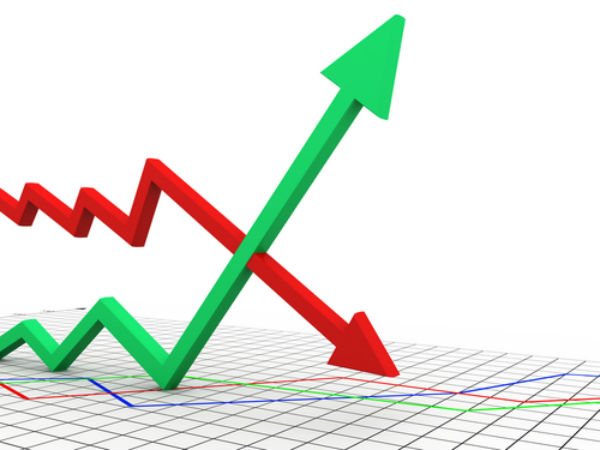By: Kenneth Appiah Bani
In a bid to stay informed and make sound financial decisions, it is important to pay attention to key economic indicators that directly affect your daily life. Here’s a quick breakdown of Ghana’s most recent economic figures, released by the Bank of Ghana (BoG), and what they mean for individuals, businesses, and investors.
Forex Rates (As of June 2025)
USD 1 = GHS 10.28
EUR 1 = GHS 11.67
GBP 1 = GHS 13.86
These foreign exchange rates reflect the strength of the Ghanaian cedi (GHS) against major international currencies. A higher exchange rate means the cedi has weakened, making imports more expensive. For consumers, this translates into increased prices for imported goods such as electronics, fuel, and certain food items. For businesses, especially importers, this trend increases operational costs, which can ultimately affect pricing strategies and profit margins.
On the other hand, exporters and Ghanaians receiving remittances in foreign currency may benefit, as they get more cedis per dollar or euro sent.
Monetary Policy Rate: 28%
The Monetary Policy Rate (MPR) is the interest rate at which the central bank lends to commercial banks. At 28%, this high rate reflects the BoG’s effort to control inflation and stabilise the economy. While this measure is effective in curbing inflation, it also means borrowing costs remain high for businesses and individuals.
If you’re planning to take out a loan or use a credit facility, be prepared for high interest rates. For SMEs and startups, this could slow down expansion plans due to the increased cost of capital.
91-Day Treasury Bill: 14.26%
The yield on the 91-day T-bill offers insight into short-term government borrowing costs and return on investment for fixed-income earners. At 14.26%, this is considered a relatively safe and attractive option for conservative investors looking to preserve capital while earning moderate returns.
T-bills are ideal for individuals seeking low-risk investments, especially amid economic uncertainty. However, when compared with inflation, real returns may be eroded if inflation remains significantly higher.
Inflation Rate: 21.2%
The current inflation rate of 21.2% indicates that the general price level of goods and services has increased considerably over the past year. This affects purchasing power, making it more expensive to buy basic necessities such as food, transportation, and utilities.
For households, inflation eats into disposable income. For businesses, it increases production and operational costs, which can reduce profit margins unless prices are adjusted accordingly.
What This Means for You
In summary:
The weakened cedi increases the cost of imports and foreign travel but may benefit exporters and those receiving remittances.
The high interest rate environment discourages borrowing but rewards savings and fixed-income investments.
Inflation continues to be a concern, requiring prudent spending and budgeting by households.
Short-term T-bills offer a safe haven for your funds but watch how inflation affects real returns.
Staying informed is crucial. These indicators are more than just numbers they reflect the broader economic reality we all live in and shape the decisions we make as consumers, workers, business owners, and investors.
Source: Bank of Ghana – www.bog.gov.gh







